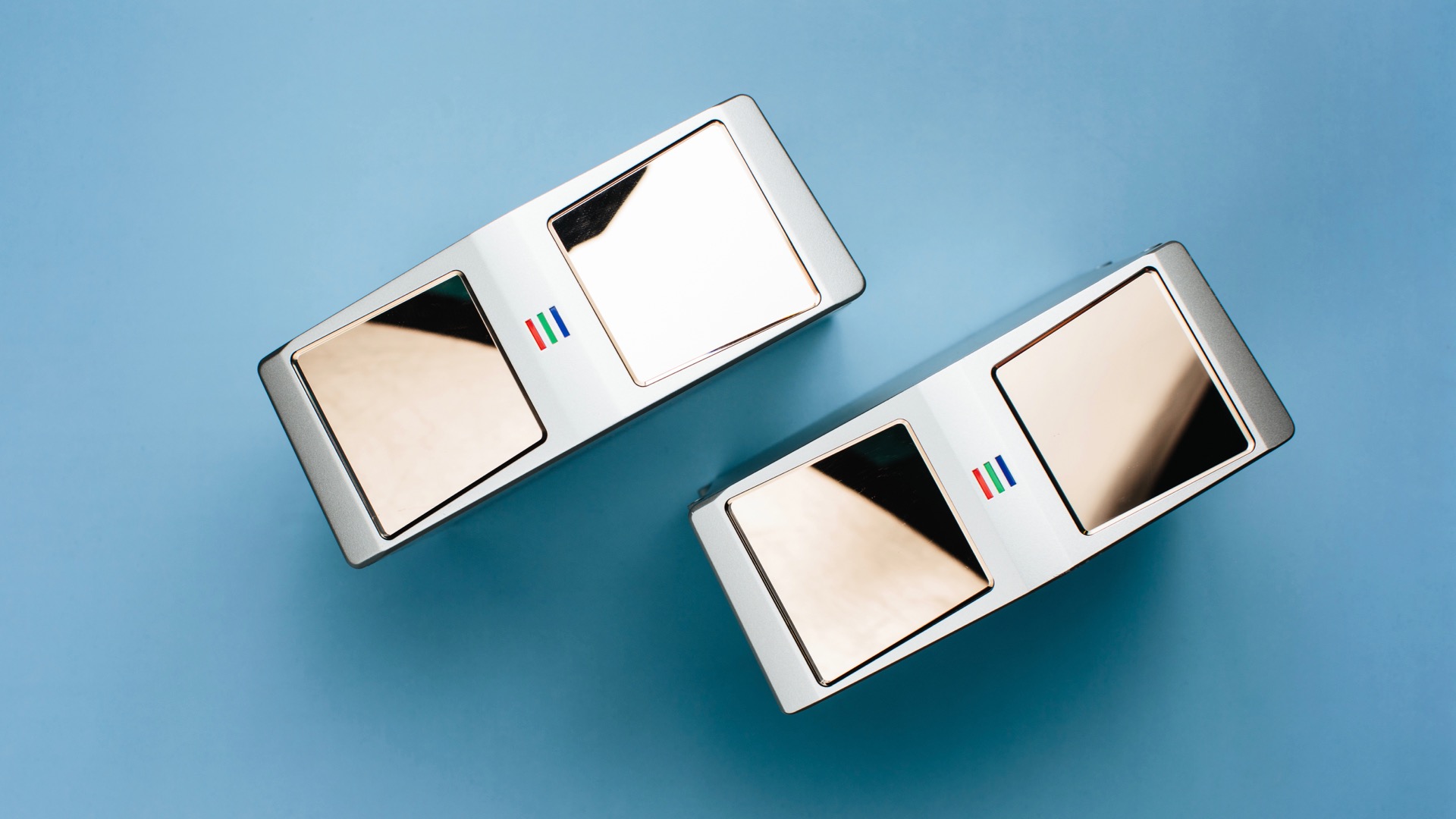

Along with radar and cameras, lidar is one of three crucial sensors most companies use in their self-driving cars. Among the three, lidar is the only one that doesn’t have another major commercial application, and so the market has been slower to development. Velodyne has been the only really big player and now Luminar is hoping to challenge it by cutting costs and scaling up production.
Luminar is rolling out a new sensor the company claims its lighter and more powerful than its predecessor. By year’s end, Luminar hopes to be assembling one of these sensors in just eight minutes. A 125,000-square-foot factory in Orlando, Florida will soon be churning out 5,000 units per quarter, according to Luminar.
The company has also acquired chip design firm Black Forest Engineering, which will be tasked with making receivers for the sensors out of indium gallium arsenide (InGaAs), rather than the silicon used by competitors. Luminar claims this will make its receivers more sensitive, and will also contribute to lowering costs down from tens of thousands of dollars per unit to just $3.00.
Luminar’s expansion comes at a delicate moment for self-driving cars. A fatal crash, in which an Uber autonomous car struck a pedestrian, has raised questions about the reliability of sensors and the software that interprets their output. Velodyne, which built the lidar units in the Uber car, said its sensors should have detected the pedestrian. Mobileye, which sells cameras and accompanying image-recognition software, has said recognizing obstacles is more difficult than many people assume.